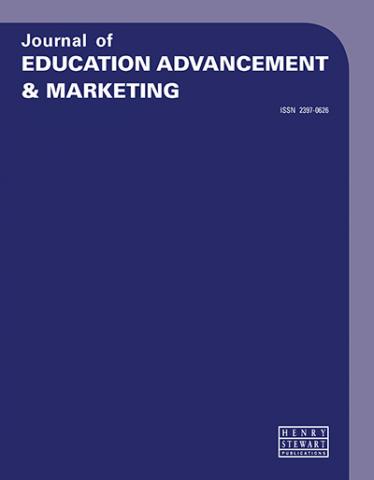“Journal of Brand Strategy combines the latest information from leading academic thinkers together with best practice insights and expertise from branding professionals. Each article is quality controlled with a disciplined peer-review process to insure the Journal’s brand remains professional, credible and relevant. I look forward to each new edition.”
Leading a campus through crisis: The role of college and university presidents
Click the button below to download the full text of the article.
Abstract: Presidents, chancellors and other top leaders of higher education institutions have an important role to play in providing normative leadership to guide their institutions through — and back from — a period of crisis. Crisis leadership is an important function, one that is distinct from crisis operational management, and one that deserves greater attention. Crisis leadership comprises six distinct but related tasks: preparing, sense-making, decision-making, meaning-making, terminating and learning. This paper illustrates each of these six tasks with examples from well-known university crises in the USA. The paper concludes with suggestions regarding good practices for improving preparedness and crisis leadership.
Keywords: crisis, crisis leadership, issues management, higher education presidents, higher education leadership, higher education administration, higher education public relations
JOSEPH A. BRENNAN is the Vice President of Communications & Marketing at the University of Albany - SUNY and has more than 25 years of experience as a university leader, scholar and teacher. Dr Brennan is one of the most respected voices in higher education marketing. His executive portfolio includes leadership of PR and marketing, communication research and planning, news media relations, advocacy and public affairs, marketing and brand strategy, employee communications, digital and social media, issues management and crisis communications.
ERIC K. STERN is a professor at the College of Emergency Preparedness, Homeland Security and Cyber-Security at the University at Albany — SUNY. Professor Stern holds a PhD from Stockholm University and a BA from Dartmouth College. He has published extensively in the fields of crisis and emergency management, crisis communication, resilience, security studies, executive leadership, foreign policy analysis and political psychology.



